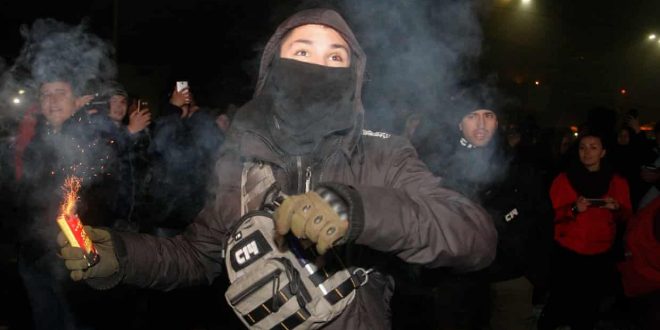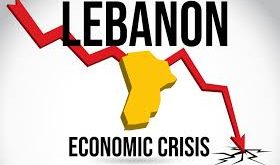History may compare the handling of a defeated and depressed Russia in the 1990s to that of Germany after 1918
While parliament fiddles, Europe burns, or at least sputters into flame. History could not be clearer. The diversion of the Russo-Ukrainian conflict into the Sea of Azov is precisely the kind of escalation that has preceded Europe’s past cataclysms. A great power treats a little one with contempt. A little one responds with violence, expecting friends to come to its aid, diplomatically, economically, then militarily.
For four years, Ukraine has disobeyed the old pragmatism that if you share a border with a powerful dictator, you behave with extreme caution. Kiev’s anti-communists flirted with Nato – with the US’s encouragement – at a time when Georgia was also flirting and the Baltic states had already joined. Vladimir Putin echoed Yeltsin, that Russia would “take this as a direct threat to the security of our country”. When Ukraine elected a pro-western leadership in 2014, Moscow supported an uprising in its Russian-speaking eastern provinces. There followed Moscow’s invasion of Ukrainian Crimea, and now a tightening of the noose on Ukraine’s eastern ports. Ten thousand Ukrainians have already died in this secret war. It is classic escalation.
Ukraine’s president, Petro Poroshenko, is accused of hanging tough as he faces defeat in forthcoming elections. On Sunday he appealed to “Ukraine’s allies to stand united” against Russia. He did not specify who they were, or what they should do. After the invasion of Crimea, a ragbag of trade, financial and travel sanctions were imposed on Moscow by western powers. As usual, such feel-good weapons had no effect beyond counter-productivity.
Sanctions cemented Putin more closely in power and to his cronies. They encouraged him to ever greater mischief, backing Russian minorities in bordering states and cyber-meddling in western elections. The thesis that impoverishment would somehow force him to cease from, as he sees it, restoring Russia’s pride was absurd. Dictatorship loves poverty. Sanctions merely fuelled Donald Trump’s casual remark last year that Nato was “obsolete”.
What is glaring is that Europe now lacks any collective forum in which such escalations can be discussed and possibly resolved. The end of the cold war was not followed by any revision to Yalta or Potsdam. There was no new treaty with Russia. Its attempted military encirclement by Nato was as reckless as London’s welcome to Moscow’s massed oligarch and kleptocrats.
History may yet regard the handling of a defeated and depressed Russia in the 1990s as like its handling of Germany after 1918. Eastern Europe is now a tinderbox of competing populisms, full of talk of Putin only understanding violence, of dodgy alliances and half-meant security promises. There is no leader, no overseer, no plausible guarantor of peace. The only promise is of anarchy.
And do you know what Britain’s parliament was discussing all this time … ?
The Guardian
Simon Jenkins
 Lebanese Ministry of Information
Lebanese Ministry of Information



